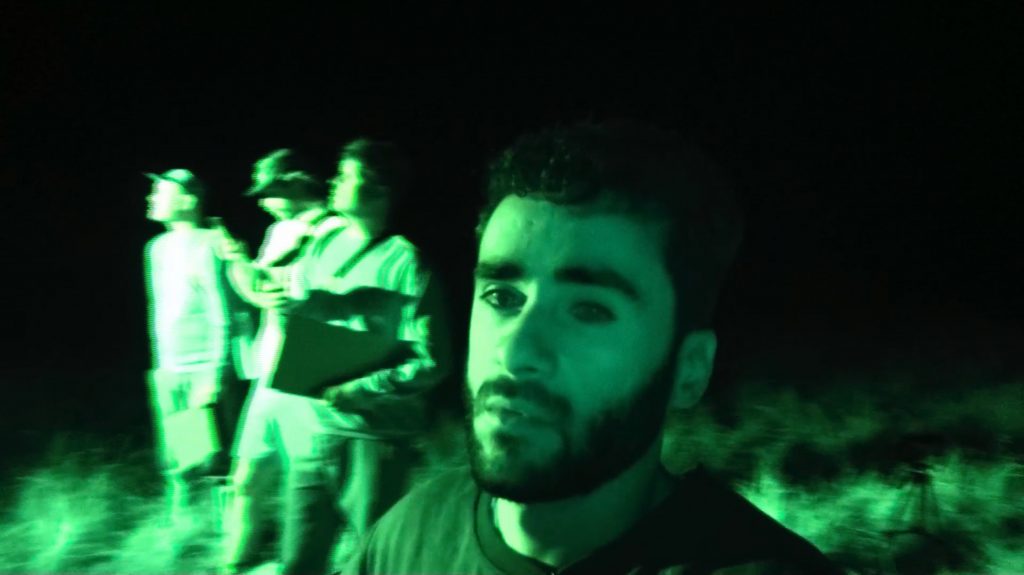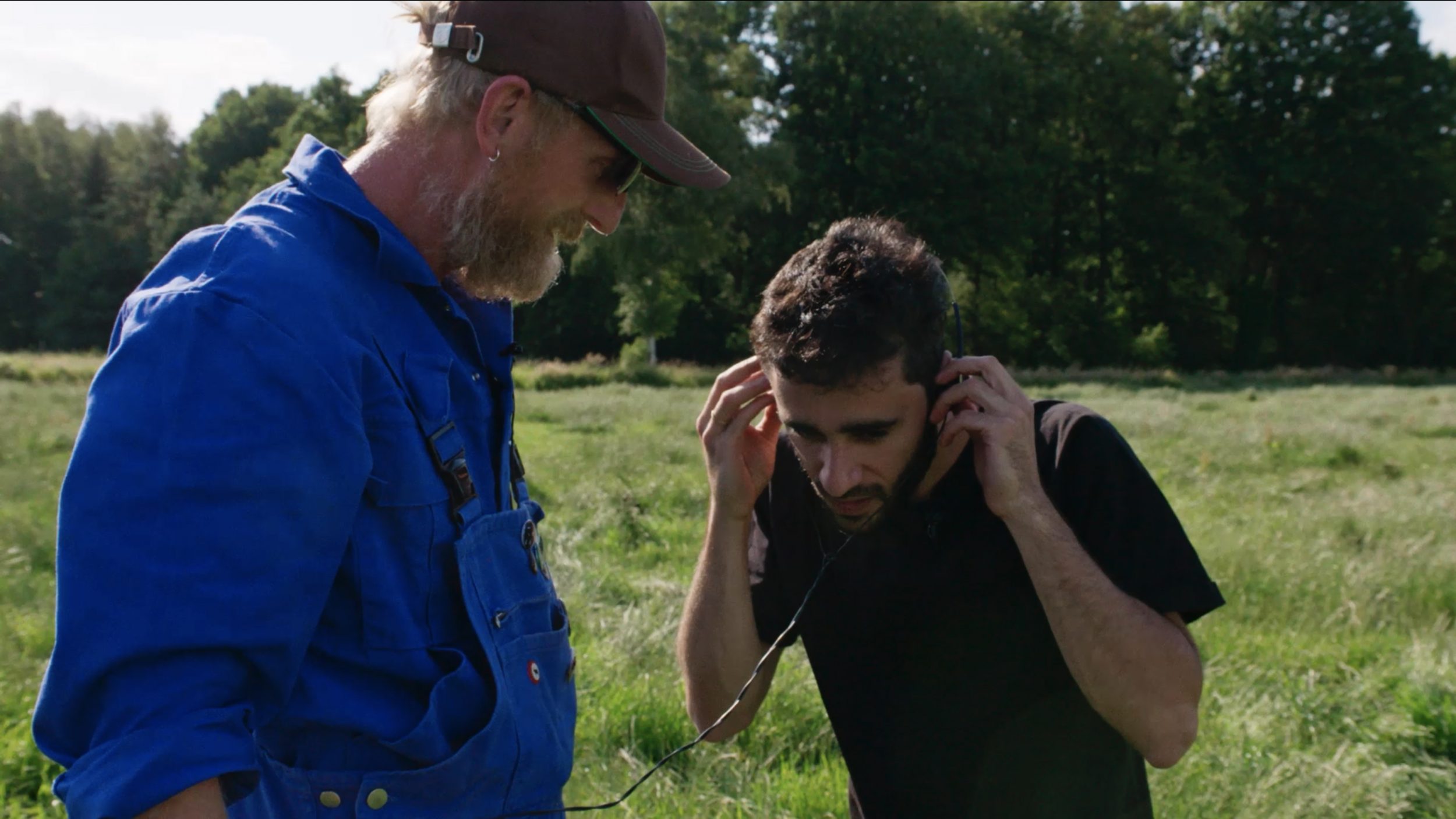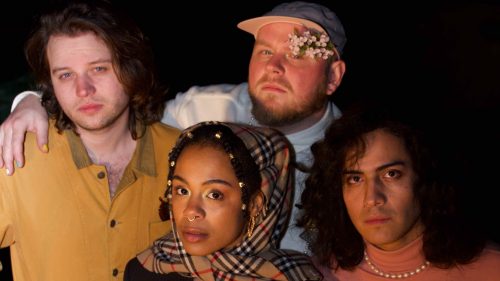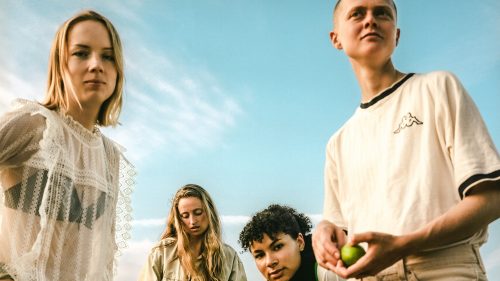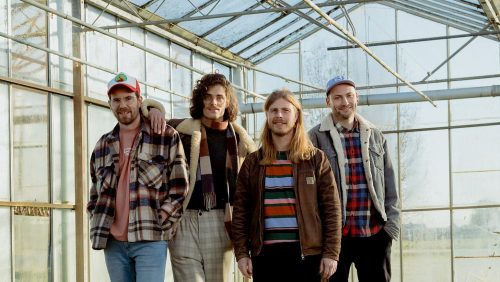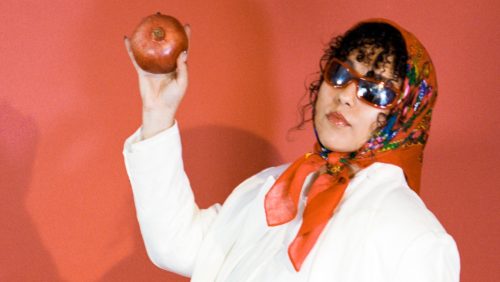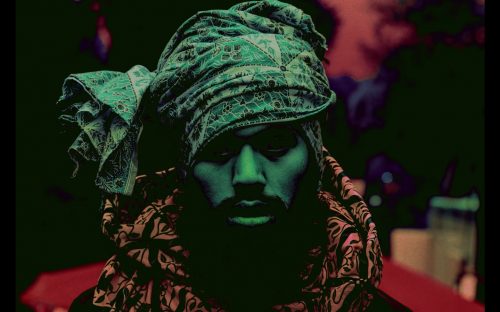Soner Arslan is a talented director and filmmaker known for his innovative approach to the mockumentary genre. With a keen eye for satire and a profound exploration of human interactions, Soner manages to surprise and intrigue his audience. His work is filled with humor, provocation, and deep reflection on contemporary media.
In this interview, we delve into the mind of Soner Arslan, discussing his artistic processes, inspirations, and the role of music in his work. Soner shares insights on balancing credibility and fiction, his approach to collaborations with composers and musicians, and the value of interdisciplinary collaborations in the music and media industry.
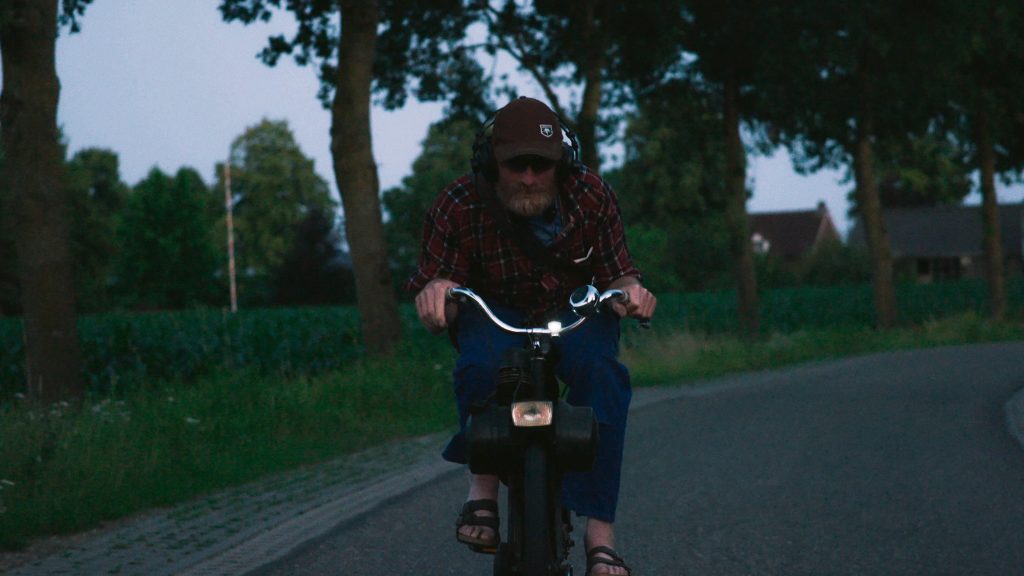
What inspired you to create mockumentaries?
I’ve always been fascinated by how people perceive the world and how that is reflected in media. Mockumentaries offer a great opportunity to explore the boundaries between reality and fiction. The genre can uniquely challenge reality and the expectations from the audience. It’s a great tool for addressing themes with a touch of humor. It’s also a way to criticize the medium of film and video by using the exact same medium.
Isn’t it difficult to balance credibility and fiction?
I think the art lies in playing with that balance. I draw a lot of inspiration from “real” people with real stories. They often serve as a starting point for my characters, which I then build upon. Also, while very unfortunate, some real-world events or stories sometimes are more absurd and brutal than the most absurd and brutal fiction stories. So I don’t think there isn’t a clear distinction, and some stories don’t need a lot of sauce.
When it comes to credibility, especially in the realm of mockumentaries, it’s about blurring the lines in a way that engages the audience without undermining their trust. As a director, maintaining credibility is super important to ensure that viewers remain invested in the narrative. I try to build worlds and stories with attention to detail and create a world that feels authentic despite its absurd or fictional elements.
My goal is to develop characters that may seem realistic and relatable at first, but then they get increasingly weird and absurd, so it provokes a reaction from the audience such as: “Wait, really? Are you kidding me? This CAN’T be real, right?”.
That’s fun.
What is your favorite aspect of making mockumentaries?
I love the freedom to experiment and explore the boundaries of conventional ways of storytelling. You can implement elements from reality and get away with it more easily than with a typical fiction film, where viewers have an agreement with the film that it’s a fictional reality. With mockumentaries, this boundary is blurred. It’s truly a genre where you can play with expectations and conventions, but at the same time – as a writer or director – you can easily get lost.
What are your favorite mockumentaries?
Some of my favorite mockumentaries, each unique in its own way, are: C’est arrivé près de chez vous, The Rehearsal, This Is Spinal Tap, The Office, Trailer Park Boys, and What We Do In The Shadows.
How important is music in your work? And what’s your approach?
Music plays a significant role in setting the tone and emotion of a scene. It can guide the viewer to the desired feeling, whether it’s tension, humor, or emotion. What we usually do is once we’ve finished shooting and entered the editing phase, I start exchanging ideas with the music producer or composer. At this point, we already have rough footage of the film and can show what we’ve shot and where music is needed. From that point on, we start sketching together, experimenting with different musical styles, instruments, and melodies. It’s an iterative process where we constantly exchange feedback and adjust the music to perfectly align with the visuals and emotions we want to convey. But often, I have a general idea of what I want.
I don’t want music to dictate the narrative of the film, but if I have a clear idea while writing and if it’s genuinely an important part of the scene (like the timing of titles, voice-overs), then I’ll write it down.
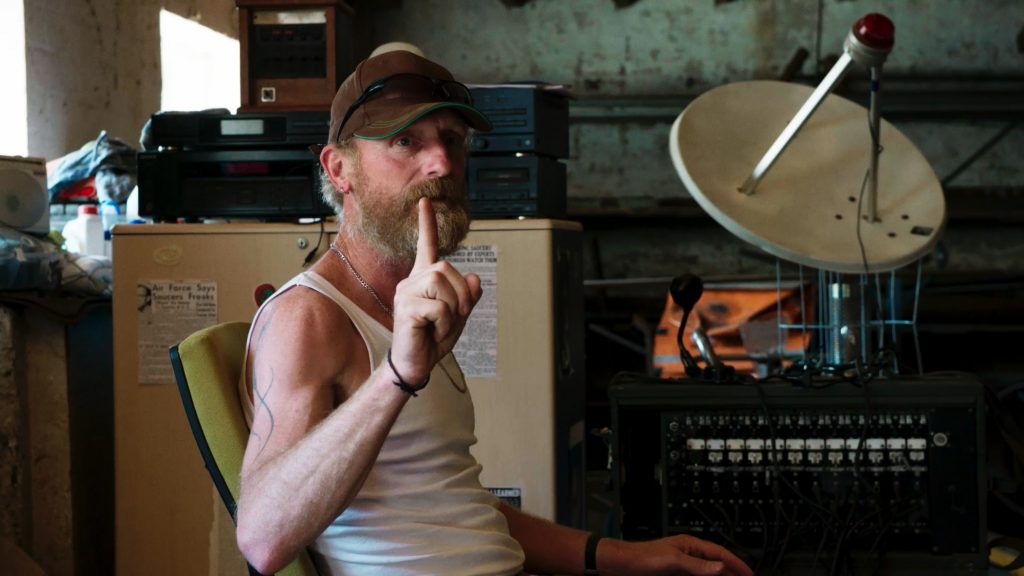
Can you give an example of how music played a role in a specific scene in one of your films?
In “What we didn’t know about cows” (Wat we niet wisten over koeien), my character was in touch with extraterrestrial lifeforms via radio waves. We wanted to emphasize the mysterious and alien aspects with music. So, we used blips and electronic radio-like sounds to integrate into both the sound effects and the music. These sounds served as the starting point for the music composition. We worked with the composer to use synthesizers and create a soundscape that represented an extraterrestrial vibe and matched with the mysterious atmosphere of the scenes.
As a music platform, we want to encourage interdisciplinary collaborations, including with musicians, artists, composers, and filmmakers. Do you think there is a lot to gain in terms of collaborations?
Absolutely! Interdisciplinary collaborations offer many advantages in the fields of music and film/video/media. In my opinion, the market is incredibly saturated, and there is a growing need for custom-made compositions and music that is crafted with care. While there are choices such as royalty-free music and AI, they quickly risk becoming generic. Especially if you don’t understand what you’re doing and don’t know what actually sounds good.
Collaborating with others offers many benefits, such as creative brainstorming, making new adjustments, adding a personal touch that cannot be reproduced by AI or royalty-free music, and it’s also good way to expand your network.
With the rise of digital media and the growth of the video and film industry, there is also a growing demand for music. And music needs to be made by someone or something.
Not only producers, composers, and filmmakers can benefit from collaborations, but I think artists of various genres are often overlooked. When their music is used in a film scene, a social media video, or goes viral on TikTok, it offers great promotion and exposure for the artist. Streams or Spotify are nice, but these kinds of appearances are great promotion and may be a kickstart to something bigger.
Do you have any advice for musicians, producers, composers, or other musical artists?
Expand your horizons by collaborating with creators from other disciplines. And don’t be afraid to ask whatever is on your mind!
